Virtual reality (VR) stands at the forefront of an entertainment revolution, marking a significant leap from traditional forms of media. This technological marvel, once a figment of science fiction, is now an accessible reality, offering immersive experiences that push the boundaries of storytelling, gaming, and live events. VR’s unique ability to transport users into entirely different worlds has not only enhanced existing entertainment forms but has also created new genres and experiences. As virtual reality technology continues to evolve, its impact on the entertainment industry promises to be both profound and far-reaching.
Contents
The Immersive Experience Of VR

Virtual reality’s core appeal lies in its ability to create highly immersive experiences, setting it apart from traditional entertainment mediums. Users wearing VR headsets are transported into virtual worlds, where the boundaries between reality and digital realms blur. This immersion is achieved through a combination of advanced graphics, responsive controls, and spatial audio, which together create a convincing illusion of being in another world. These experiences range from exploring fantastical landscapes in video games to being in the audience of a virtual concert, offering an unprecedented level of engagement.
The applications of VR in entertainment extend beyond mere visual spectacle. In gaming, for example, VR introduces a new dimension of interaction, where players physically engage with the virtual environment. This heightened level of interactivity is not just limited to gaming but also extends to cinematic experiences. VR films and interactive narratives allow viewers to be active participants rather than passive observers, revolutionizing storytelling and viewer engagement.
VR In Gaming: A New Era
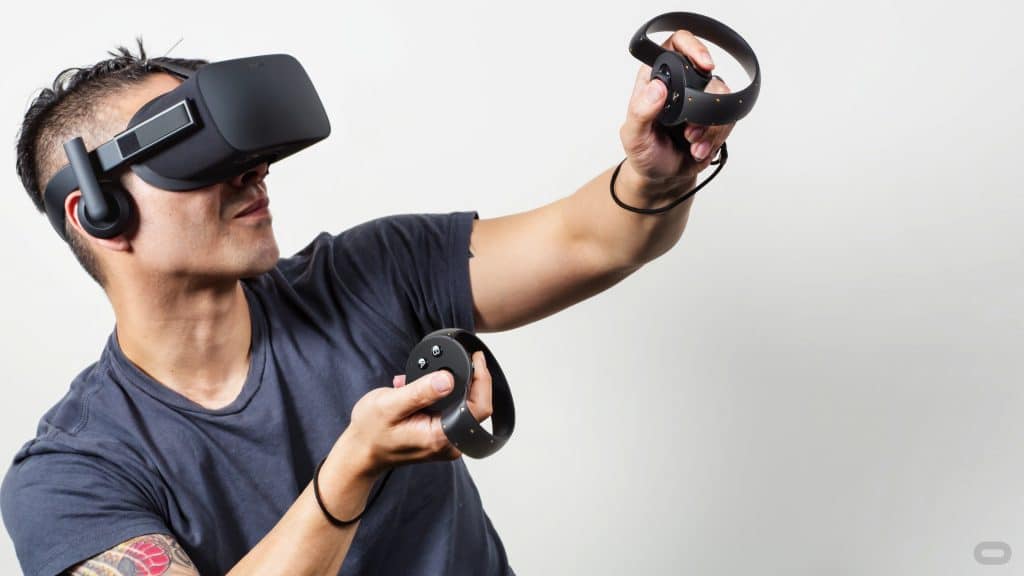
The gaming industry has embraced VR as a groundbreaking platform for innovation. Virtual reality games offer an unparalleled level of immersion, allowing players to literally step into the game world. This shift from traditional screen-based interaction to a 3D, immersive environment has redefined gaming experiences. Players can now perform actions by physically moving their bodies, adding a new layer of realism and engagement to games. The success of VR gaming is evident in the wide range of genres it has influenced, from action and adventure to simulation and educational games.
However, VR gaming isn’t just about enhanced immersion; it also brings new storytelling possibilities. In VR, narratives can be experienced in a more intimate and impactful way. Players are no longer mere spectators but become part of the story, interacting with characters and environments in a more meaningful manner. This deepens the emotional connection to the game, creating memorable experiences that are distinct from traditional gaming. As VR technology advances, the potential for even more innovative and engaging gaming experiences continues to grow.
Virtual Reality In Film And Television
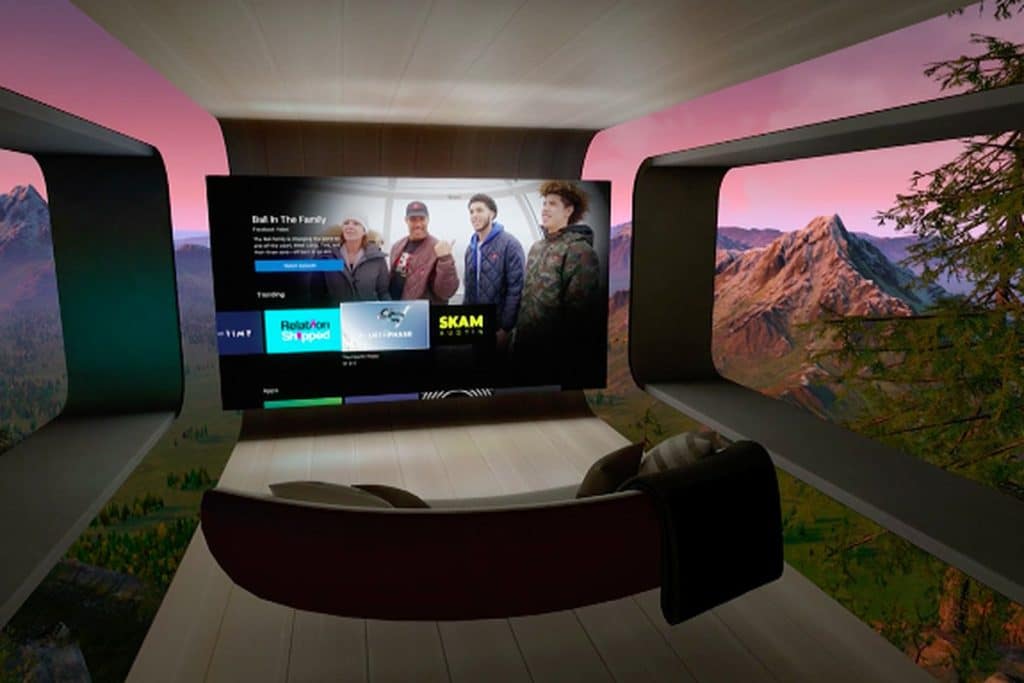
Virtual reality is beginning to make its mark in the film and television industry, offering a new way to experience visual storytelling. Unlike traditional 2D formats, VR allows viewers to immerse themselves in a cinematic world, providing a 360-degree view that makes them feel as if they are part of the scene. This immersive aspect of VR opens up new creative possibilities for filmmakers, who can now craft stories that are experienced rather than just watched.
The implementation of VR in film and television is not without its challenges. Crafting a compelling narrative in a 360-degree space requires a different approach to direction and cinematography. Viewers have the freedom to look anywhere, which means filmmakers must find innovative ways to guide their attention. Despite these challenges, VR films have started to emerge, showcasing the potential of virtual reality to transform the traditional viewing experience. As VR technology becomes more sophisticated and accessible, it’s likely to become a more prominent part of film and television production.
VR And Live Events: A New Frontier
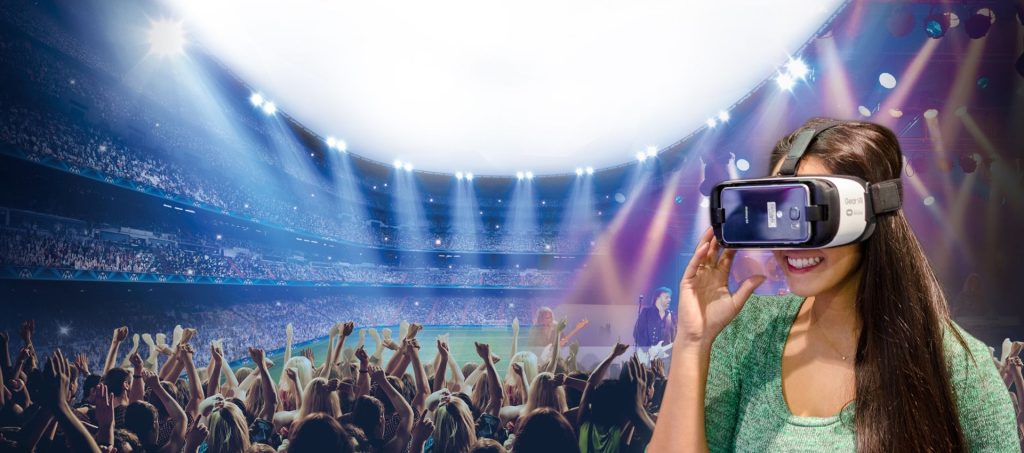
Virtual reality technology has begun to revolutionize the way live events are experienced. Concerts, sports events, and theater performances can now be enjoyed in VR, offering a front-row experience from the comfort of one’s home. This shift is particularly significant in the context of global events that restrict physical attendance, as VR provides an alternative that is both safe and immersive. By wearing a VR headset, users can experience the energy and excitement of live events, complete with the ability to look around and even interact with other virtual attendees.
The potential of VR in live events extends beyond just viewing. It allows for interactive and personalized experiences that traditional broadcasts cannot match. Fans can choose different viewpoints, focus on specific aspects of the event, or access additional content like behind-the-scenes footage or interviews. This level of interactivity not only enhances the viewer’s experience but also opens up new avenues for event organizers and performers to connect with their audience. As VR technology improves, it’s expected that more live events will adopt this medium, offering unique experiences that blur the line between physical and virtual attendance.
Educational And Cultural Experiences In VR
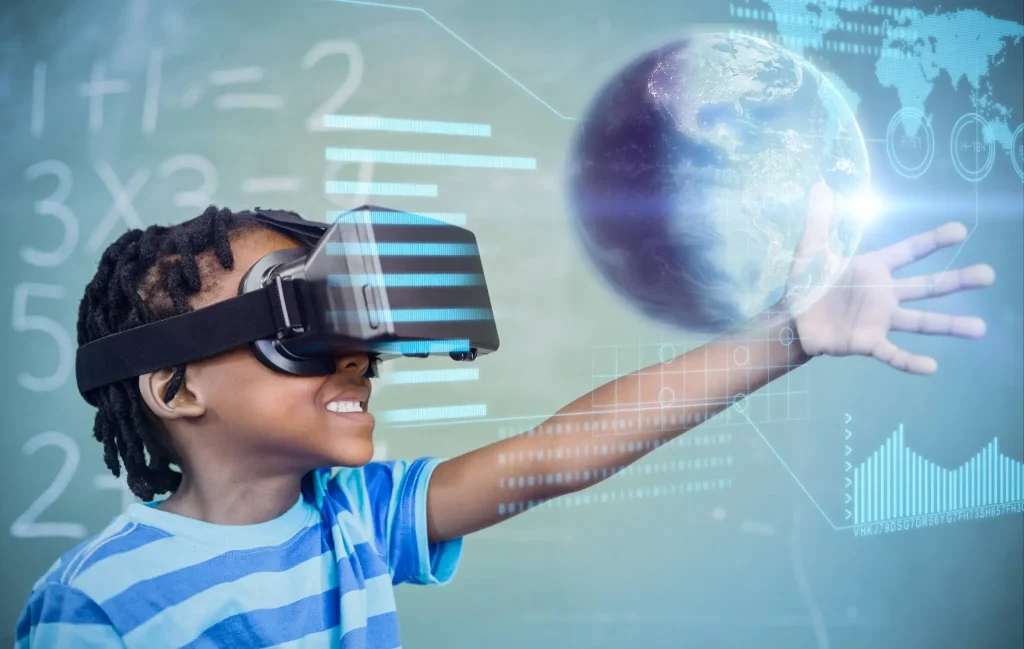
Virtual reality offers a powerful tool for educational and cultural experiences. Educational institutions and cultural organizations are utilizing VR to provide immersive learning experiences that were once impossible. Students can take virtual field trips to historical sites, explore the human body in 3D, or experience scientific phenomena up close. This hands-on approach to learning can enhance understanding and retention of complex subjects, making education both engaging and effective.
In the realm of cultural exploration, VR enables virtual visits to museums, art galleries, and heritage sites around the world. This democratizes access to culture and history, allowing people from all corners of the globe to explore and learn about different cultures and eras without the need for physical travel. Virtual reality experiences can also be enriched with interactive elements and information, providing a more comprehensive understanding than traditional visits. As VR technology becomes more widespread, its role in education and cultural exploration is set to expand, offering new opportunities for learning and discovery.
The Social Aspect Of VR Entertainment
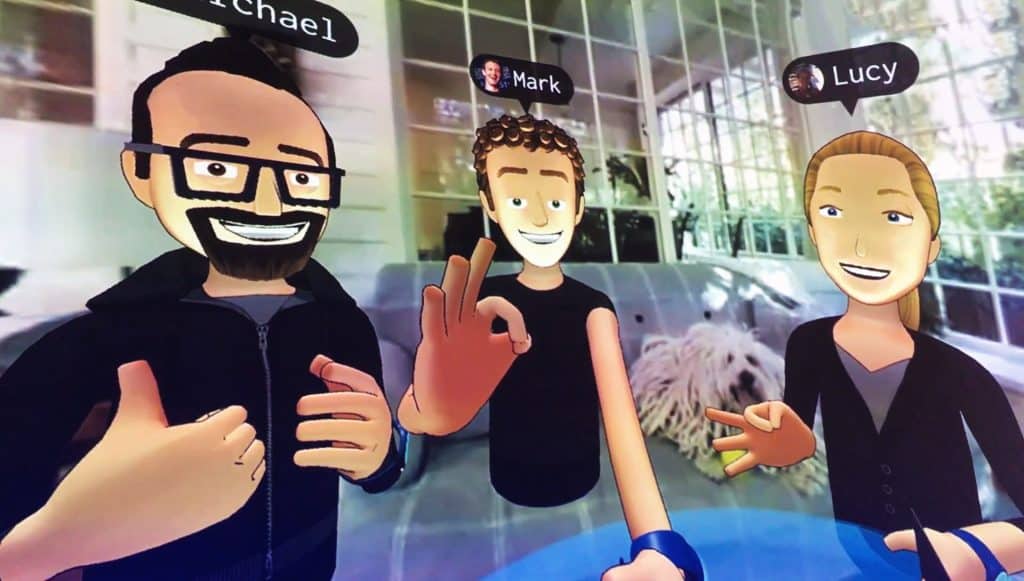
Virtual reality is not just about individual experiences; it’s also fostering new forms of social interaction. Social VR platforms are emerging, allowing users to meet, interact, and share experiences with others in virtual spaces. These platforms are not limited by geography, enabling people from around the world to connect in ways that were previously unimaginable. Users can attend virtual parties, participate in multiplayer games, or simply hang out in virtual environments, creating a sense of community and belonging.
The future of socializing in virtual reality environments looks promising. As the technology continues to advance, these virtual spaces are becoming more realistic and interactive, offering a viable alternative to physical social interactions. The potential applications are vast, from virtual workspaces and educational settings to virtual tourism and online social gatherings. This evolution of social VR is not only changing how people interact with each other but also reshaping the concept of community in the digital age.
Challenges And Future Prospects
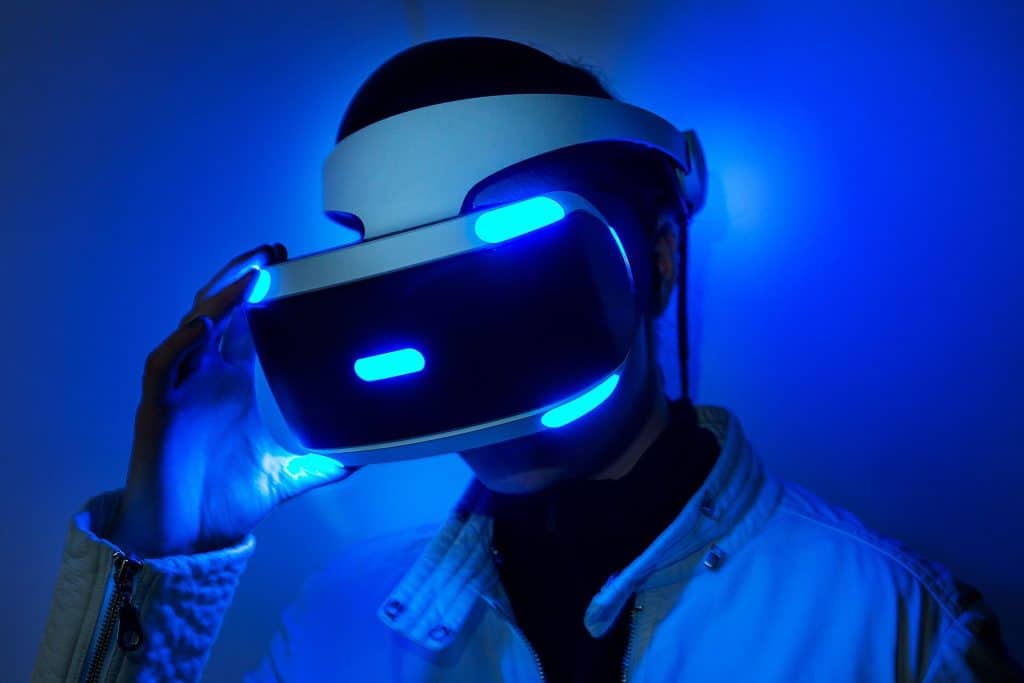
Despite the exciting advancements, VR in entertainment faces several challenges. Accessibility remains a significant hurdle, with high-quality VR equipment often being expensive and requiring substantial computing power. Additionally, some users experience motion sickness or discomfort while using VR, which can limit its appeal. Addressing these issues is crucial for VR to become more mainstream and accessible to a wider audience.
Looking ahead, the future of VR in entertainment is bright with potential. Technological advancements are expected to overcome current limitations, making VR more accessible and comfortable. Innovations in haptic feedback, visual fidelity, and user interfaces will enhance the realism and interactivity of VR experiences. As these improvements unfold, VR is poised to become an integral part of the entertainment landscape, offering experiences that are increasingly immersive and engaging.
The Bottom Line
Virtual reality is undeniably reshaping the entertainment industry, offering immersive experiences that traditional media cannot match. From gaming and movies to live events and social interactions, VR is expanding the boundaries of what is possible in entertainment. While challenges remain, particularly in terms of accessibility and user comfort, ongoing advancements in technology are addressing these issues. The potential of VR in entertainment is vast and still largely untapped, promising a future where virtual experiences become a regular part of daily life, transforming how people interact, learn, and entertain themselves.


